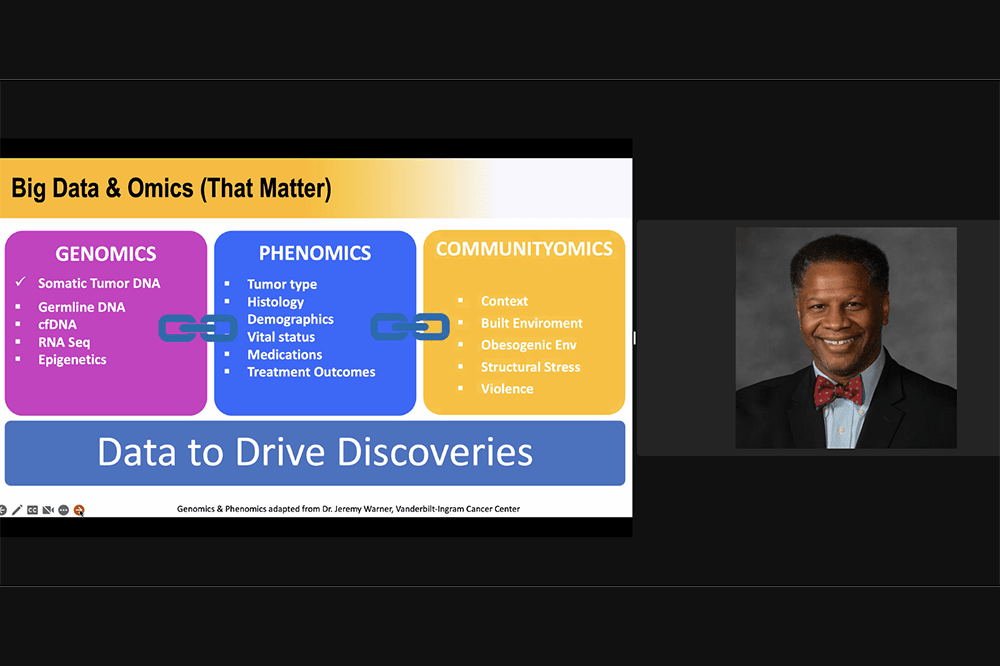[ad_1]
A. Using social media is not inherently beneficial or harmful to young people. Adolescents’ lives online both reflect and impact their offline lives. In most cases, the effects of social media are dependent on adolescents’ own personal and psychological characteristics and social circumstances—intersecting with the specific content, features, or functions that are afforded within many social media platforms. In other words, the effects of social media likely depend on what teens can do and see online, teens’ preexisting strengths or vulnerabilities, and the contexts in which they grow up.3
B. Adolescents’ experiences online are affected by both 1) how they shape their own social media experiences (e.g., they choose whom to like and follow); and 2) both visible and unknown features built into social media platforms.
C. Not all findings apply equally to all youth. Scientific findings offer one piece of information that can be used along with knowledge of specific youths’ strengths, weaknesses, and context to make decisions that are tailored for each teen, family, and community.4
D. Adolescent development is gradual and continuous, beginning with biological and neurological changes occurring before puberty is observable (i.e., approximately beginning at 10 years of age), and lasting at least until dramatic changes in youths’ social environment (e.g., peer, family, and school context) and neurological changes have completed (i.e., until approximately 25 years of age).5 Age-appropriate use of social media should be based on each adolescent’s level of maturity (e.g., self-regulation skills, intellectual development, comprehension of risks) and home environment.6 Because adolescents mature at different rates, and because there are no data available to indicate that children become unaffected by the potential risks and opportunities posed by social media usage at a specific age, research is in development to specify a single time or age point for many of these recommendations. In general, potential risks are likely to be greater in early adolescence—a period of greater biological, social, and psychological transitions, than in late adolescence and early adulthood.7,8
E. As researchers have found with the internet more broadly, racism (i.e., often reflecting perspectives of those building technology) is built into social media platforms. For example, algorithms (i.e., a set of mathematical instructions that direct users’ everyday experiences down to the posts that they see) can often have centuries of racist policy and discrimination encoded.9 Social media can become an incubator, providing community and training that fuel racist hate.10 The resulting potential impact is far reaching, including physical violence offline, as well as threats to well-being.11
F. These recommendations are based on psychological science and related disciplines at the time of this writing (April 2023). Collectively, these studies were conducted with thousands of adolescents who completed standardized assessments of social, behavioral, psychological, and/or neurological functioning, and also reported (or were observed) engaging with specific social media functions or content. However, these studies do have limitations. First, findings suggesting causal associations are rare, as the data required to make cause-and-effect conclusions are challenging to collect and/or may be available within technology companies, but have not been made accessible to independent scientists. Second, long-term (i.e., multiyear) longitudinal research often is unavailable; thus, the associations between adolescents’ social media use and long-term outcomes (i.e., into adulthood) are largely unknown. Third, relatively few studies have been conducted with marginalized populations of youth, including those from marginalized racial, ethnic, sexual, gender, socioeconomic backgrounds, those who are differently abled, and/or youth with chronic developmental or health conditions.
[ad_2]
Source link


